On 26/1/2020, Kobe Bryant died in a helicopter crash. This news was confirmed and broadcast on all channels and social media with basketball lovers and everyone else moaning his death worldwide. This is just how big Kobe Bryant was. Kobe Bryant is to basketball as Conor McGregor is to boxing.
We know their names even if we never followed these sports. I don’t follow basketball, but I know Kobe Bryant, at least I heard about him. I know him from different books I read and occasional chatter I hear on social media. His name regularly pops up without me having to look for it. There he is always depicted as an example of greatness and an example of how to achieve it. And while his death is a tragedy, we should look at this occasion as a reminder of how we should go about living.
The Life
Many people covered Kobe Bryant’s life, career, and death. But this one reported especially caught my eyes because he got emotional on camera and used strong words to describe what transpired, referencing many life lessons we should take out of it. Death puts things into perspective, and at this moment, this one reporter knew what is ultimately important and what is not. It is not a surprise that people who face death and survive it make big life-changing decisions.
Some of the most successful people in the world are those who dealt with some form the death early on in their lives. For example, almost one-third of US presidents lost their father at yearly years of their lives, including George Washington, Thomas Jefferson, James Monroe, Andrew Jackson, Andrew Johnson, Rutherford Hayes, James Garfield, Grover Cleveland, Herbert Hoover, Gerald Ford, Bill Clinton, and Barack Obama.
Of course, while some people are reminded about the shortness of life and are motivated to make the most out of it, other people are destroyed by these events. For example, Felix Brown reports that prisoners are two to three times more likely to have lost one of their parents at a young age**, which likely left them without adequate supervision and guidance.
Other people don’t turn to crime, but I still know several cases where people could not go to work anymore because they could not focus on what they needed to do and could not hide their grief. They got days off, of course, but after these days turned into weeks and months of grieving, these companies had no chance but to let them go. These people would stop eating, talking to their friends, or virtually all other aspects of life were affected by that loss. They did not just get perspective about life. They got too much of it. In these cases, the result is known in medicine and psychology as clinical depression.
As such, ideally, death should remind us to focus our attention on a few things matter. However, it should not be so extreme that we lose all interest in life.
The Death
We are often reminded that the dead would want us to keep living and make the most out of it. While grief and moaned are essential parts of western cultures, it is celebrated in other cultures, like a gypsy. In Kobe Bryant’s case, he was an A-level celebrity who lived his 41 years to a maximum. We should celebrate that.
Kobe Bryant’s death reminds us that end can come to us all, at any moment, so ideally, we should make the most out of it. However, between Kobe Bryant’s death and the mortality of people who are close to our hearts, we are often ignorant about the possibility of death, even our mortality. After all, nearly two people die every second worldwide*, but it takes the end of a superstar such as Kobe Bryant to remind us that death is happening all around us.
In the past, people were constantly reminded of death. Religion was more relevant, and it addressed many questions related to death. Many generations of people lived under the same roof, and younger generations were always interacting with the older ones. If someone were sick, the whole family would take care of this person. Even after death, people kept the dead in their houses for several days. Graveyards were very close to homes.
These were many more reminders of death, but these don’t exist in today’s society or hidden very well from everyday people. Instead, we separate the healthy from the sick, the old from the young, and the dead from the living. We have new forms of medicine and distraction, which make us immortal and indestructible. We forget that so far, there has never been one person who managed to live forever. Therefore, it is doubtful that we will be the first individuals who will manage to cheat death.
Healthy Reminder About Our Mortality
In Christianity, there is a short form of prayer called Grace Prayer. It is a prayer done before a meal, whereas a family thanks God for the food they are about to eat. A more extended form of this prayer is to be thankful for everything we have, even if it is to be grateful for the fact that we are alive. This can be done even if we don’t believe in God and not necessarily before a meal. Instead, it helps tell 5-10 things you are grateful for on a semi-regular basis, such as with a journal’s help, which we can update every morning or before bedtime.
There is a powerful meditation about our mortality in Buddhism, which can be done in many different ways. In one way, we need to keep a watch on a body part, such as breathing or a heartbeat. Buddhist say that in life, we only have a certain amount of breath and heartbeats before we die, so we might as well watch them. In a different meditation, we focus our attention inside our body and study every subtle way to bring us closer and closer to that last moment. In both cases, Buddhist promise that we can find an insight that will forever change our lives for the better with practice.
*Source: Population Reference Bureau & The World Factbook (Central Intelligence Agency)
**Source: Malcolm Gladwell “David and Goliath: Underdogs, Misfits, and the Art of Battling Giants.”







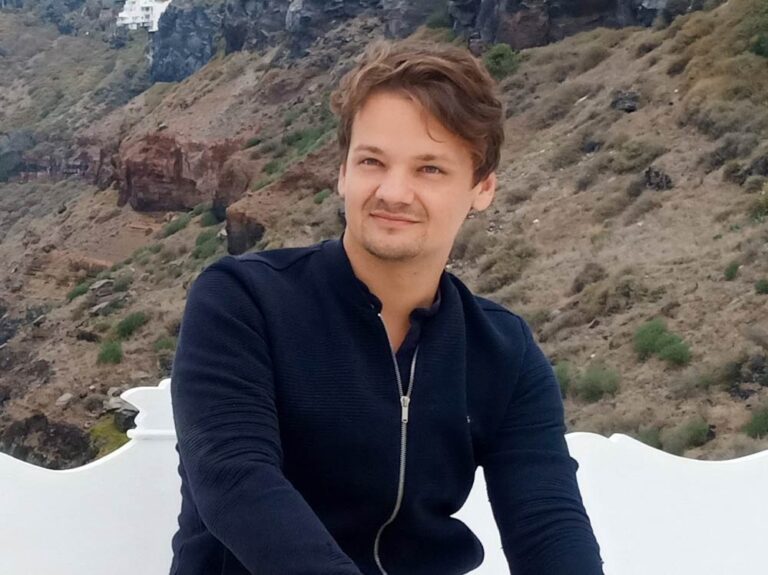

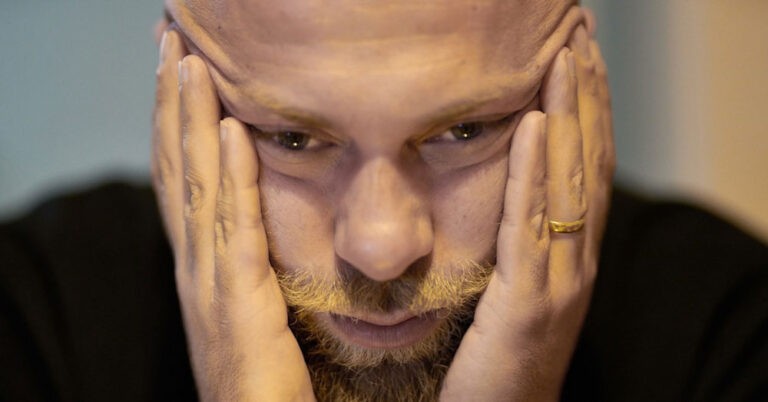

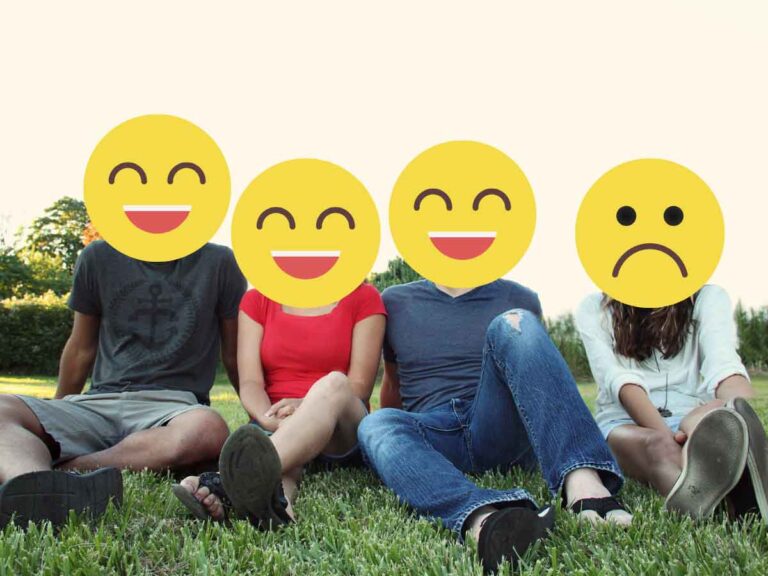
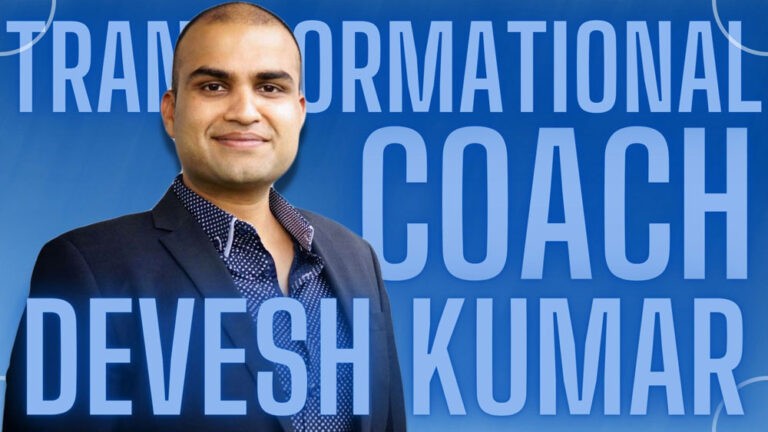
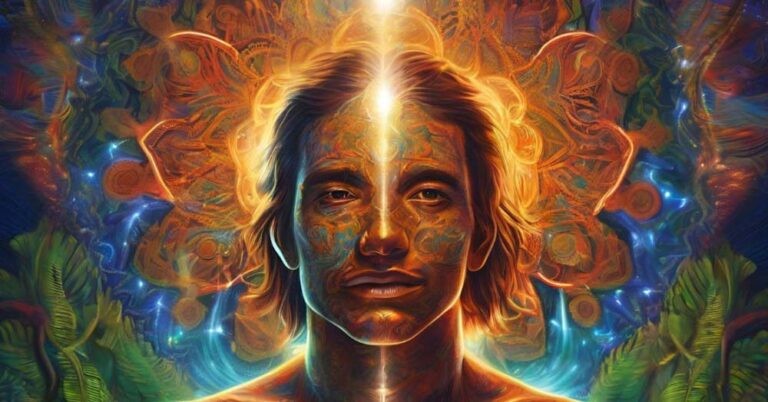


2 thoughts on “Kobe Bryant: Life, Death, & A Reminder To Keep On Living”
Pingback: Gratitude: Appreciate The Good Things Before They Are Gone
Pingback: Top 21 Deathbed Regrets & Life Lessons From the Dying